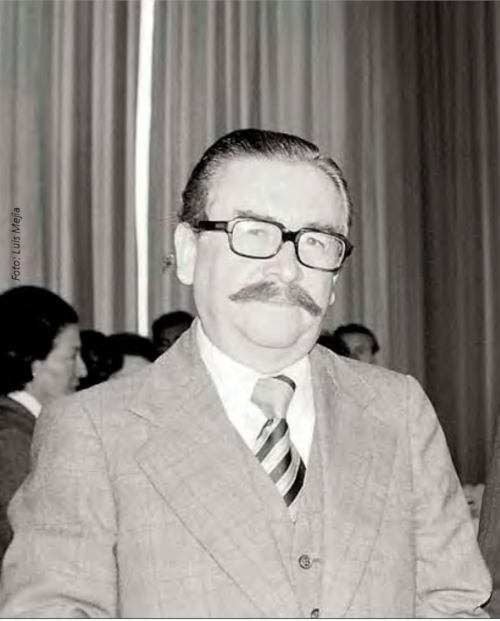Galo René Pérez (Quito, April 3, 1923 – June 18, 2008) was an Ecuadorian writer, poet, literary critic, biographer, and college professor. He held various posts in literary and cultural institutions of Ecuador. He was Secretary of Public Education during the government of the former President Galo Plaza, and served as Secretary General of the Council of Government. He was also President of the House of Ecuadorian Culture and Director of the Ecuadorian Academy of Language. He published 14 books in his career. His lectures, essays, articles, literary criticism have been collected and published for study abroad. His style, which is simple and elegant, has won him admirers the world over. He was the 2004 recipient of the “Premio Eugenio Espejo” Ecuador’s highest literary award.
Literary Career
Galo René Pérez made substantial contributions as a writer, poet, literary critic, and biographer. His first major publication, Poemas de octubre (1946), marked his debut as a poet. However, it was his work as an essayist and critic that cemented his reputation in Ecuadorian and Latin American literary circles. Pérez wrote extensively on the poetry of significant figures such as Pablo Neruda, César Vallejo, Federico García Lorca, and Walt Whitman. His essay collections, including Cinco rostros de la poesía (1960), stand out for their insightful critique and analysis of major Hispanic and Latin American poets.
Throughout his career, Pérez published 14 books, covering various literary genres, including non-fiction, poetry, and biography. His works such as Desvelo y vaivén del navegante (1962) and La viviente poesía de Whitman (1966) highlighted his profound engagement with both Latin American and world literature. His magnum opus in literary criticism, La novela Hispanoamericana: Historia y crítica (1983), is considered one of the most comprehensive studies on the subject in the continent.
Public Service and Cultural Leadership
In addition to his literary career, Pérez held several prominent roles in Ecuador’s cultural institutions. He served as Secretary of Public Education during the presidency of Galo Plaza and later became the Secretary General of the Council of Government. His leadership extended to his presidency of the House of Ecuadorian Culture and his directorship of the Ecuadorian Academy of Language from 1984 to 1998.
His influence also reached international circles, as evidenced by his involvement with the Comisión Ecuatoriana del V Centenario del Descubrimiento de América and his selection for the U.S. Library of Congress’ Archive of the Living Word. Pérez also maintained connections with other Latin American intellectuals, such as the Argentine novelist Ernesto Sabato and Ecuadorian poets Jorge Carrera Andrade and César Dávila Andrade.
Recognitions and Accolades
Galo René Pérez’s contributions to Ecuadorian literature were widely recognized. He was awarded the “Premio Ciudad de Quito” in 1980 for his body of work, and in 2004, he received the prestigious Premio Nacional Eugenio Espejo, Ecuador’s highest literary honor. He was also honored by international institutions, including the University of Colorado and Argentina’s Círculo de la Prensa, which awarded him the “Medalla de Oro ‘América Latina’” in 1965.
Personal Life
Galo René Pérez’ son, Fabián Pérez, played a role in sharing the news of his death and the intellectual legacy that Galo René Pérez left behind. Pérez passed away on June 18, 2008, in Quito, after complications related to a heart condition.
Legacy
Pérez’s legacy extends beyond his written works. His contributions to Ecuadorian cultural institutions and his role in promoting literary studies on both national and international platforms solidified his place as one of Ecuador’s most influential literary figures. His final work, Agua que se va por el río (2005), an autobiographical piece, serves as a testament to his lifelong dedication to literature and intellectual pursuits.
Pictures
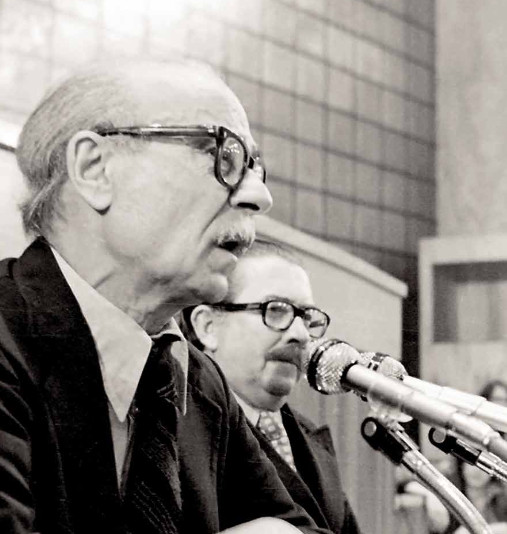
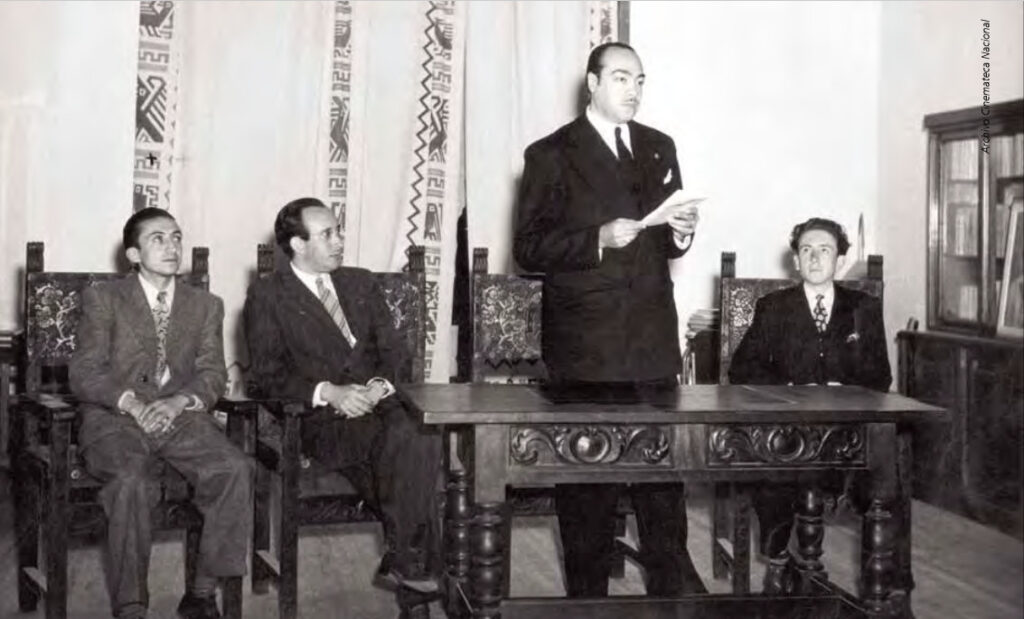
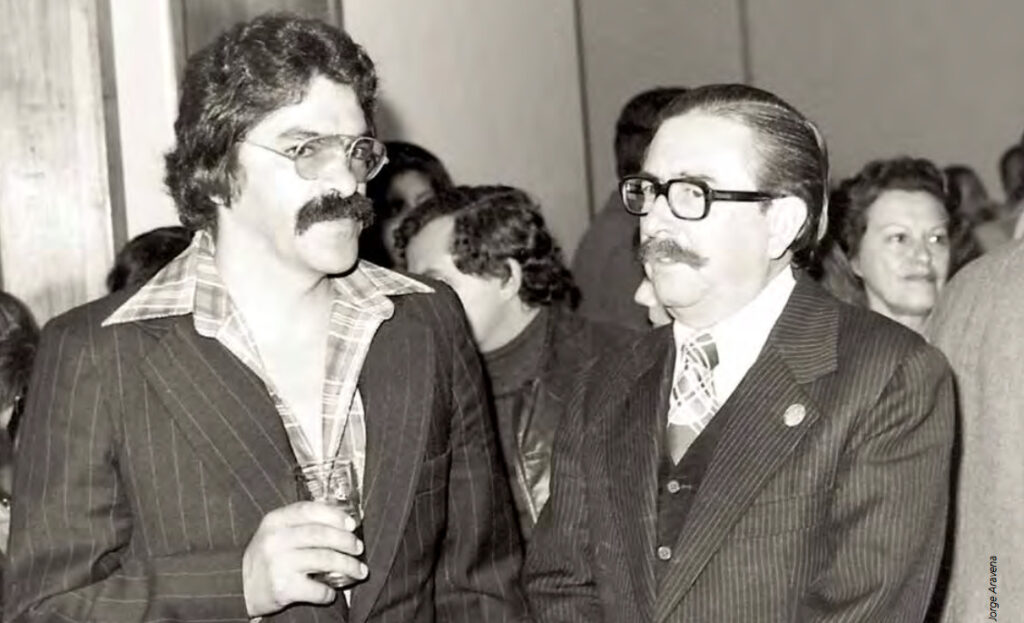
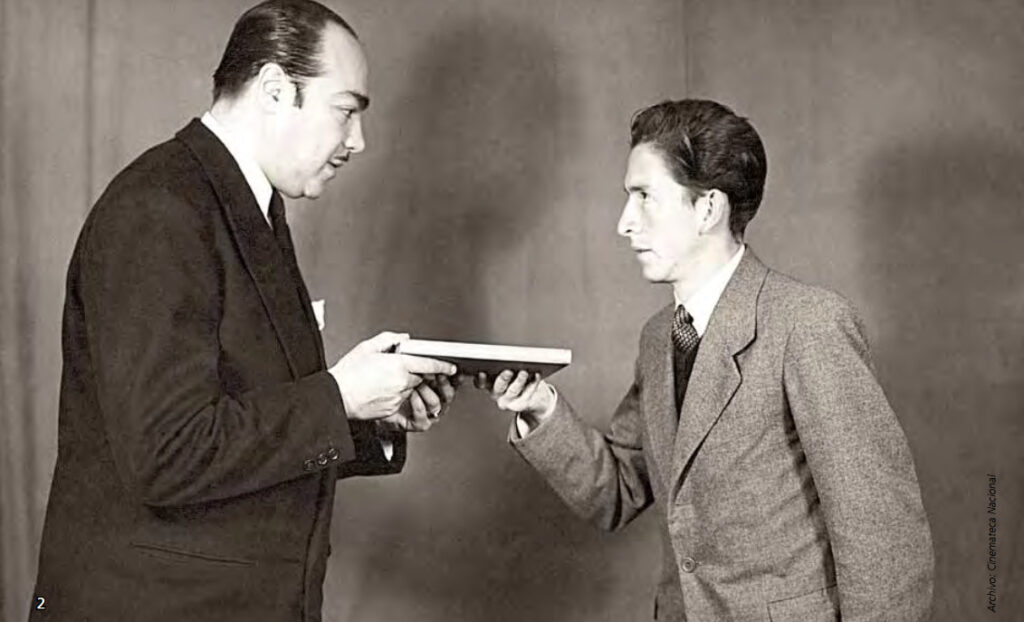
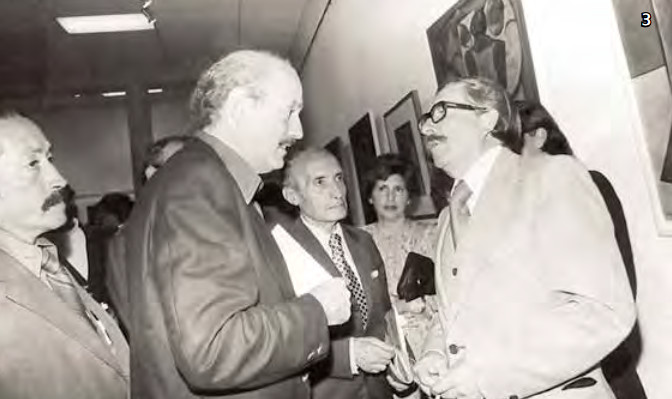
Works
Non-fiction
- Desvelo y vaivén (Quito, 1949)
- César Vallejo, poeta de América (Quito, 1952)
- Tornaviaje (Quito, 1960)
- Cinco rostros de la poesía: ensayos sobre Pablo Neruda, César Vallejo, Federico García Lorca, Miguel Hernández y Barba Jacob (Quito, 1960)
- Desvelo y vaivén del navegante (Quito, 1962)
- Rumbo a la Argentina (Quito, 1963)
- La viviente poesía de Whitman (Guayaquil, 1966)
- Pensamiento y literatura del Ecuador: crítica y antología (Quito, 1972)
- La novela Hispanoamericana. Historia y crítica (Quito, 1983)
- Prosa escogida (Quito, 1978)
- Confesión insobornable (Quito, 1987)
Poetry
- Poemas de octubre (Quito, 1946)
Biography
- Un escritor entre la gloria y las borrascas: vida de Juan Montalvo (Madrid, 1991)
- Manuela Sáenz, una mujer total (Quito, 1997).

